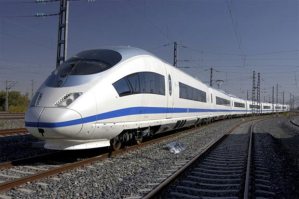Good news! Yesterday fuel prices dropped by a penny…. Yes one whole penny. I have been driving for just under a year now and in that period alone I have seen a rise in petrol prices by 21p. That’s nearly 17%, so it’s only fair the government award us with this long awaited gesture of gratitude.
So why is petrol so expensive? One of the first points people don’t think of is the decline of the GBP. If it’s not worth as much at the exchange it’s going to cost more to buy the oil which in the long run will cost us the consumer more.
Another point to consider is how the kind government (Who just gave you that super discount of a penny) likes to tax you twice, yes you heard me right twice. Fuel duty and VAT are both taken from your hard earned cash (Yes which is also taxed) just so you can drive your car (Which you also paid tax on to have on the road). These are factors that they say can not be avoided as if you didn’t pay tax here you would only pay it somewhere else, maybe I want to pay it somewhere else mix it up a little then I’d have less to complain about :). (1)
Yet there is a light at the end of the tunnel, Professors from London and Oxford have managed to develop a new type of fuel that could be used in the same way that petrol is used today. It is a hydrogen based fuel meaning that it will remove all of those Nasty carbon emissions yet still see the same kind of energy performance you would expect to see from petrol. On top of that they reckon they can do all of that for 19p per litre, though by the time the government has finished taxing it to high heaven I doubt there will be much of a difference but it does mean there is an alternative. They hope that the fuel will be readily available within the next 3 years, to read more on this click Here. (2)
1) Why is Petrol so High?, [16/3/2010]. <http://www.thisismoney.co.uk/bargains-and-rip-offs/motoring/article.html?in_article_id=501160&in_page_id=53949>, [accessed 26/3/11]
(2) Mail online, [29/1/2011]. <http://www.dailymail.co.uk/sciencetech/article-1351341/Relief-pumps-Revolutionary-hydrogen-fuel-cost-just-90p-GALLON-run-existing-cars.html> , [accessed 26/3/11]






